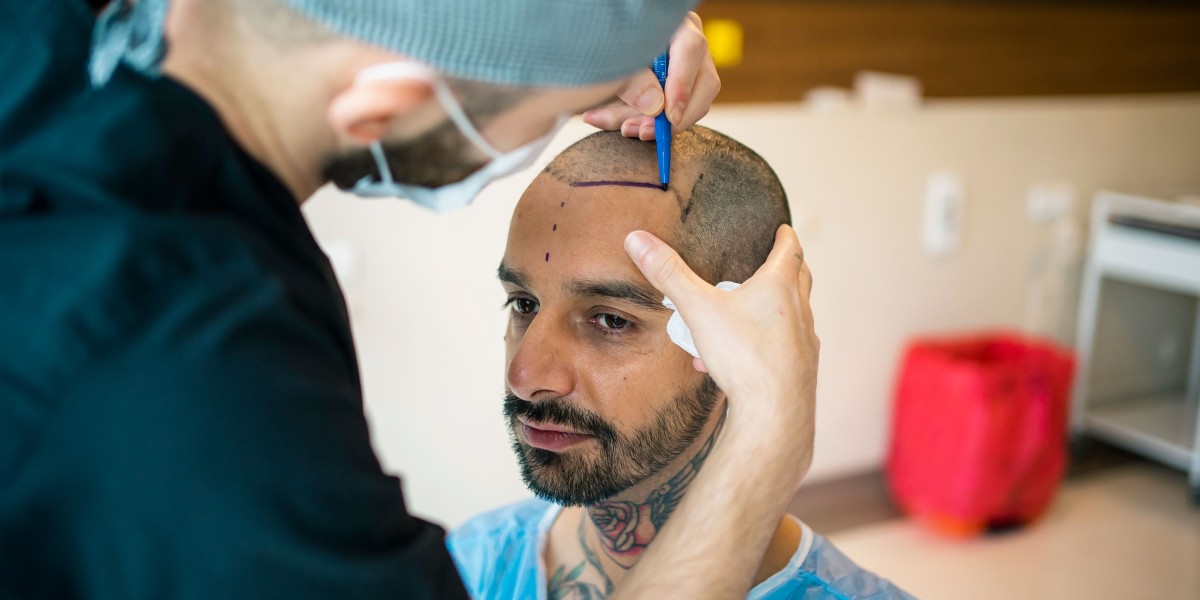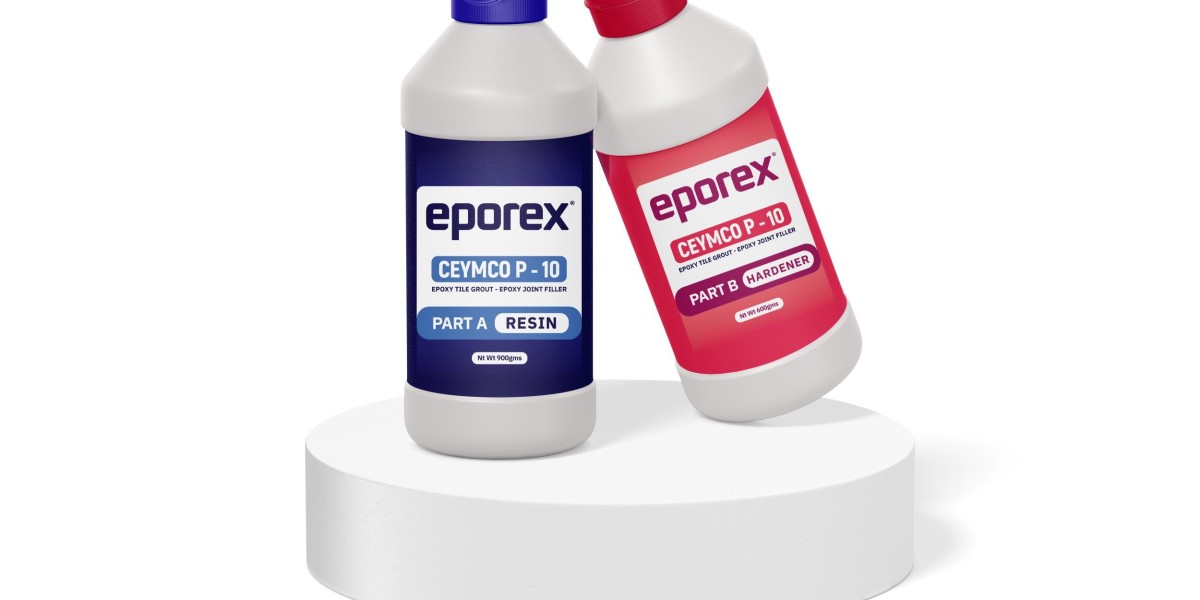After undergoing a hair transplant, the process of recovery and maintaining the newly transplanted hair is crucial to achieving the best results. Hair transplantation, though relatively straightforward, requires consistent and careful aftercare to ensure the success of the procedure and the longevity of the transplanted follicles. While it’s normal to be excited about the potential outcome, knowing the dos and don’ts of post-transplant care can make a significant difference in the final results.
In this blog, we will guide you through the most important dos and don’ts following your hair transplant procedure.
The Dos of Hair Transplant Aftercare
1. Do Follow Your Doctor's Instructions Carefully
Your doctor’s instructions are tailored to your specific case and play a critical role in the success of the hair transplantation زراعة الشعر . After the procedure, you will likely be given specific care guidelines. These may include:
- Medication for pain management or preventing infection.
- Proper hair washing techniques.
- Instructions on how to protect your scalp from damage.
By following these directions closely, you give your hair the best chance of thriving and reducing the risk of complications.
2. Do Keep the Scalp Clean and Moisturized
After the transplant, it’s essential to keep your scalp clean to prevent infection and irritation. However, you should be gentle when washing your scalp, especially in the first few weeks, to avoid disturbing the newly implanted follicles.
- Shampooing: Use a mild, sulfate-free shampoo that’s gentle on the scalp.
- Moisturizing: Keeping your scalp hydrated is important for promoting healthy hair growth. Your doctor may recommend a specific moisturizer, such as a gentle serum or aloe vera gel, to apply to the scalp.
Be gentle with your scalp to avoid any unnecessary friction that could affect the healing process.
3. Do Wear a Hat or Use Sun Protection
One of the most critical aspects of post-transplant care is protecting your scalp from the sun. UV rays can damage the newly transplanted hair follicles, hindering their growth and potentially causing irreversible damage.
- Wear a loose-fitting hat to shield your scalp from direct sunlight.
- If you prefer not to wear a hat, use a scalp sunscreen that protects the sensitive skin without causing irritation.
Sunburn during this sensitive period can lead to complications, so taking these precautions is vital.
4. Do Maintain a Healthy Diet and Stay Hydrated
Proper nutrition is key to supporting your hair growth during the recovery process. A balanced diet filled with the necessary vitamins and minerals helps nourish your hair follicles and encourages growth.
- Protein-rich foods: Essential for building healthy hair, protein-rich foods like chicken, fish, and eggs should be included in your diet.
- Vitamins: Vitamins like biotin, Vitamin E, and Vitamin D are important for hair regeneration and follicle health. Eating a diet rich in fruits, vegetables, and healthy fats can support your overall health and hair growth.
- Hydration: Drinking plenty of water keeps your body hydrated and supports the healing process of your scalp.
5. Do Rest and Sleep Well
Sleep is essential for the body’s healing process. It’s during deep sleep that your body repairs itself, and the same goes for your hair. To ensure optimal results, rest is crucial, especially during the early stages of recovery.
- Sleep with your head elevated in the first few days after the procedure to reduce swelling and improve circulation to the scalp.
- Ensure you're getting 7-8 hours of quality sleep every night to help your body heal properly.
The Don’ts of Hair Transplant Aftercare
1. Don’t Scratch or Rub the Transplanted Area
One of the most common mistakes after a hair transplant is scratching or rubbing the scalp. This is a natural reaction to itching as the grafts heal, but it can cause significant damage to the newly implanted follicles.
- Resist the urge to scratch: Scratching can dislodge the grafts and may cause infection or scarring.
- Be mindful of scabs: While it's normal for small scabs to form around the transplanted follicles, avoid picking at them, as this can cause follicle loss or infection.
It’s essential to let the scabs naturally fall off to protect the new follicles.
2. Don’t Expose the Scalp to Heat or Hot Showers
Hot water and high temperatures can irritate the scalp and disrupt the healing process of the transplanted hair. In the first few weeks, try to avoid any exposure to excessive heat.
- Avoid hot showers for at least 1-2 weeks post-procedure. Instead, use lukewarm water for washing your hair.
- Stay away from heat styling tools like hair dryers, straighteners, or curling irons for the first few months. These tools can damage hair follicles and affect hair growth.
Heat can make the scalp more vulnerable and may slow down the healing process, so it’s crucial to avoid it during the initial recovery period.
3. Don’t Engage in Intense Physical Activity Immediately
While it may be tempting to return to your regular routine after your hair transplant, it’s important to avoid intense physical activities that may put pressure on the scalp or cause excessive sweating.
- Avoid strenuous exercise for at least two weeks after your hair transplant. Activities like running, weight lifting, or sports can cause sweating and potentially lead to scalp irritation.
- Limit physical activity that involves bending or lifting, as this can cause added strain on the scalp and interfere with healing.
Exercise can increase the risk of injury to the scalp, so ensure that you give yourself time to heal fully before resuming these activities.
4. Don’t Smoke or Consume Excessive Alcohol
Both smoking and drinking alcohol can interfere with the healing process by restricting blood flow to the scalp and slowing down cell regeneration.
- Avoid smoking as it can constrict blood vessels, limiting oxygen flow to the hair follicles and affecting hair growth.
- Limit alcohol consumption during the recovery phase, as it can dehydrate your body, causing your scalp to dry out and inhibiting the healing process.
Taking a break from smoking and alcohol will allow your body to heal faster and promote better results from your hair transplant.
5. Don’t Use Harsh Chemicals or Hair Products
After your hair transplant, it’s important to be cautious about the hair products you use on your scalp. Harsh chemicals can cause irritation, and certain hair products can block hair follicles, leading to clogged pores.
- Avoid chemical-laden styling products like gels, mousses, and hair sprays. These can affect the healing grafts.
- Consult your doctor about the types of shampoos or hair products that are safe to use during your recovery process.
Stick to products that are gentle on the scalp and avoid anything that could potentially disrupt the healing process.
Conclusion
The aftercare of your hair transplant is just as crucial as the procedure itself. By following these dos and don’ts, you’ll be taking the right steps to ensure that your hair grows in healthy, and that the results last for many years to come. With proper care, patience, and consistency, you can enjoy the benefits of your hair restoration and feel confident in your appearance once again.
If you need more advice on how to care for your hair post-transplant, don’t hesitate to reach out to your clinic or a professional for personalized guidance.









